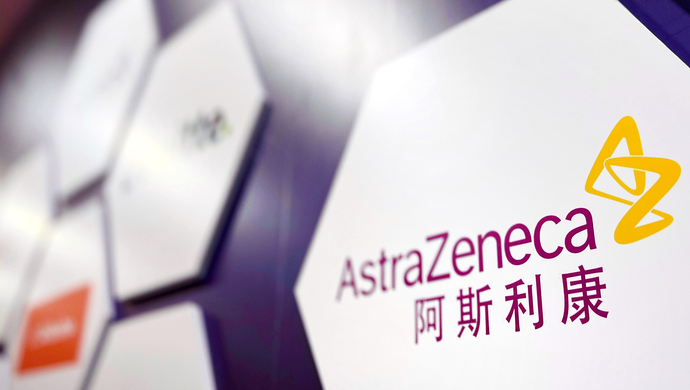The Center for Drug Evaluation (CDE) has indicated on its website that AstraZeneca (NASDAQ: AZN), a leading UK pharmaceutical company, has submitted a market filing for tremelimumab, which is likely intended for the treatment of hepatocellular carcinoma (HCC) in combination with durvalumab. This move suggests a strategic expansion in AstraZeneca’s oncology portfolio within the Chinese market.
Tremelimumab, a first-generation anti-CTLA-4 antibody originally developed by Pfizer, began its Phase III clinical journey prior to the first CTLA-4 inhibitor ipilimumab. However, Pfizer discontinued the program in 2008 after interim analysis showed no overall survival (OS) difference. The asset was later transferred to MedImmune, which was acquired by AstraZeneca in 2007. Despite multiple unsuccessful attempts by MedImmune to develop tremelimumab as a monotherapy, the combination approach with a PD-1 inhibitor presented a new opportunity.
In 2019, AstraZeneca disclosed details of the POSEIDON study, which investigated the efficacy of durvalumab combined with platinum-based chemotherapy, durvalumab combined with tremelimumab plus platinum-based chemotherapy, and chemotherapy alone as first-line treatments for IV stage metastatic non-small cell lung cancer (NSCLC) patients. Tremelimumab demonstrated significant improvement in progression-free survival (PFS), and the final analysis in May 2021 revealed that the combination of durvalumab with tremelimumab and chemotherapy showed statistically and clinically significant overall survival (OS) benefits compared to chemotherapy alone. The safety profile of the combinations was found to be acceptable, with no new safety signals identified.
This market filing in China could potentially expand access to tremelimumab for patients with HCC, offering a new treatment option in the battle against this aggressive form of cancer.- Flcube.com
